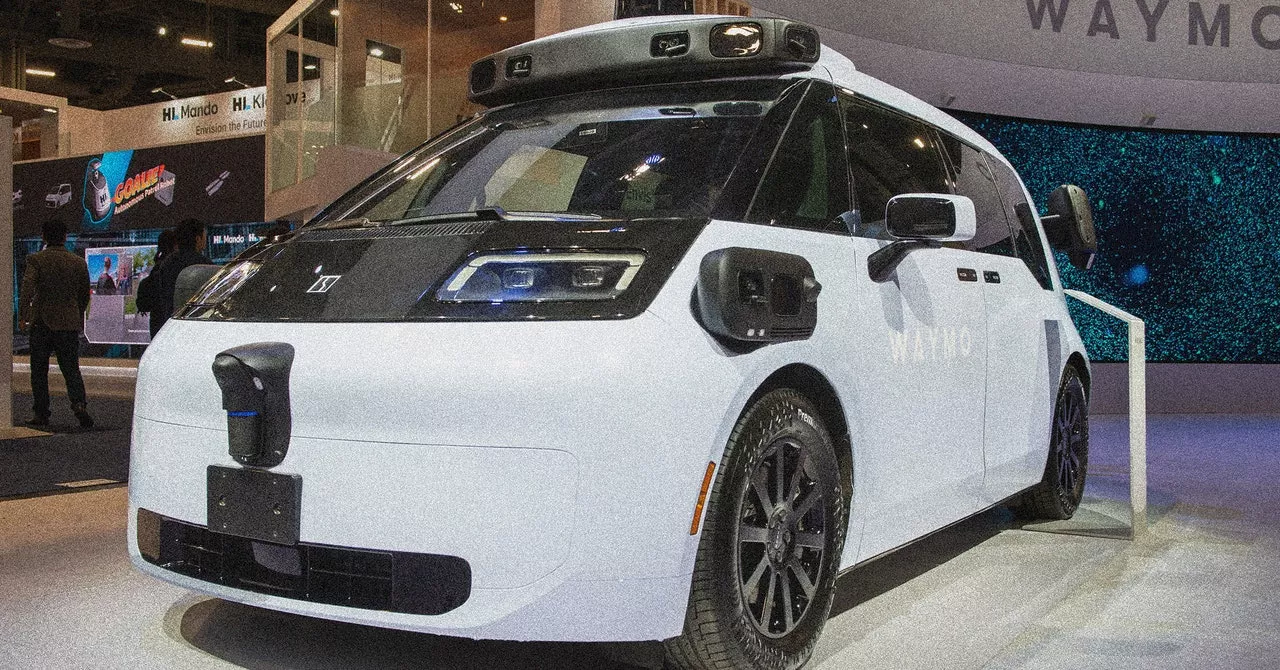Waymo, Alphabet's self-driving technology company, is forging ahead with its partnership with Chinese automaker Zeekr to build next-generation robotaxis despite new US export rules aimed at restricting technology transfer to countries like China and Russia. The rules, set to take effect in 2027 for software and 2029 for hardware, have raised concerns about the future of this collaboration. Waymo maintains that its vehicles will not be impacted by these regulations as all connected technology is sourced and installed in the US. The company asserts that the vehicles received from Geely are essentially base models without telematics or communication capabilities, and Waymo's self-driving system is added afterwards. While Waymo is confident its plans are on track, it acknowledges the need to closely monitor potential tariffs on imported Chinese electric vehicles, adding another layer of complexity to the situation.
The US Commerce Department has argued that new rules, first proposed in September, are necessary to protect American vehicles from foreign adversaries and interference. Commerce secretary Gina Raimondo said last year, 'Imagine if there were thousands or hundreds of thousands of Chinese-connected vehicles on American roads that could be immediately and simultaneously disabled by somebody in Beijing.
' Prohibitions against Chinese and Russian software will begin in 2027, with hardware restrictions following in 2029. On paper, that might sound like a disaster for Waymo. Alphabet’s self-driving tech developer announced in 2021 that automaker Zeekr—a brand majority owned by the Chinese automotive giant Geely—would build its next generation of robotaxis. In fact, preproduction models are already in testing on roads in San Francisco and Phoenix, with Zeekr officials telling reporters earlier this month that it will begin to deliver a production version of the vehicle, called the Zeekr RT, later this year. Despite the new rules, Waymo is confident this partnership will not be affected and intends to move forward as planned. 'We do not anticipate the final rule will impact our use of the Zeekr platform,' Waymo spokesperson Ethan Teicher wrote in an email to WIRED. In comments submitted to the Commerce Department last year, Waymo argued its vehicles shouldn’t be subject to the new rules because all the connected tech on board is American-owned and -fitted. The vehicles Waymo receives from Geely, it says, are 'base vehicles,' stripped of telematics systems and any other technology that would allow the vehicle to communicate with, or send data back to, its manufacturer. Only 'authorized personnel' install Waymo's self-driving technology into the cars after they’re delivered to the United States. The Commerce Department didn’t respond to WIRED's questions about Waymo’s Zeekr partnership. Today, Waymo operates its self-driving ride-hail service using modified Jaguar I-Pace electric vehicles in metro Phoenix, San Francisco, and Los Angeles. Atlanta and Austin are expected to join later this year. The company also signed an agreement with Hyundai to use modified Ioniq 5s in its ride-hailing fleet later this year. While Waymo remains confident its new vehicles —which will have more legroom, a higher ceiling, and a low step that could make the vehicles accessible to more riders— will swerve the ban, it’s still unclear whether they could be subject to new, 100 percent tariffs on Chinese electric vehicles, which the Biden administration finalized last fall. 'We are monitoring tariffs closely, but Waymo’s plans are on-track,' confirms Teicher
Waymo Self-Driving Cars Chinese Automakers US Export Rules Geely Zeekr Robotaxis Trade Restrictions Tariffs
United States Latest News, United States Headlines
Similar News:You can also read news stories similar to this one that we have collected from other news sources.
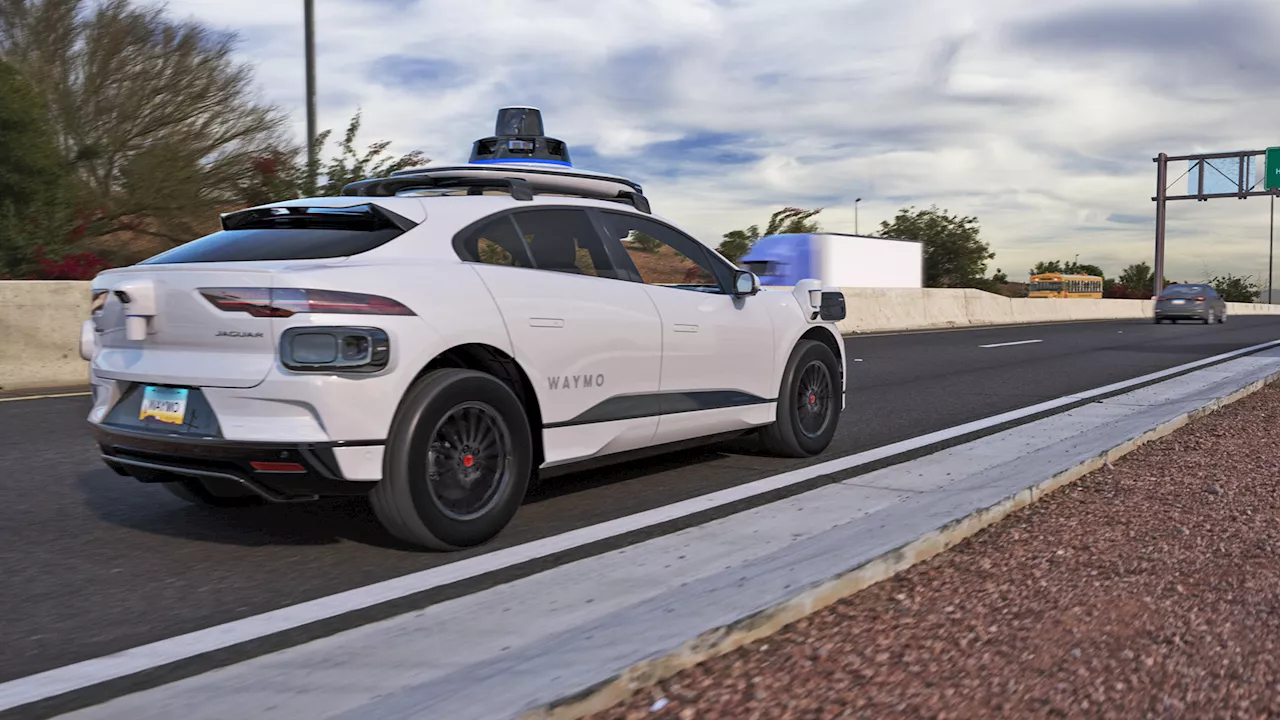 Waymo to Launch Robotaxi Trial in Tokyo in 2025Waymo, a leading robotaxi company, will begin testing its self-driving vehicles in Tokyo, Japan, in early 2025. The trial, conducted in partnership with local taxi companies, seeks to refine Waymo's AI system for navigating unfamiliar road conditions and densely populated urban areas.
Waymo to Launch Robotaxi Trial in Tokyo in 2025Waymo, a leading robotaxi company, will begin testing its self-driving vehicles in Tokyo, Japan, in early 2025. The trial, conducted in partnership with local taxi companies, seeks to refine Waymo's AI system for navigating unfamiliar road conditions and densely populated urban areas.
Read more »
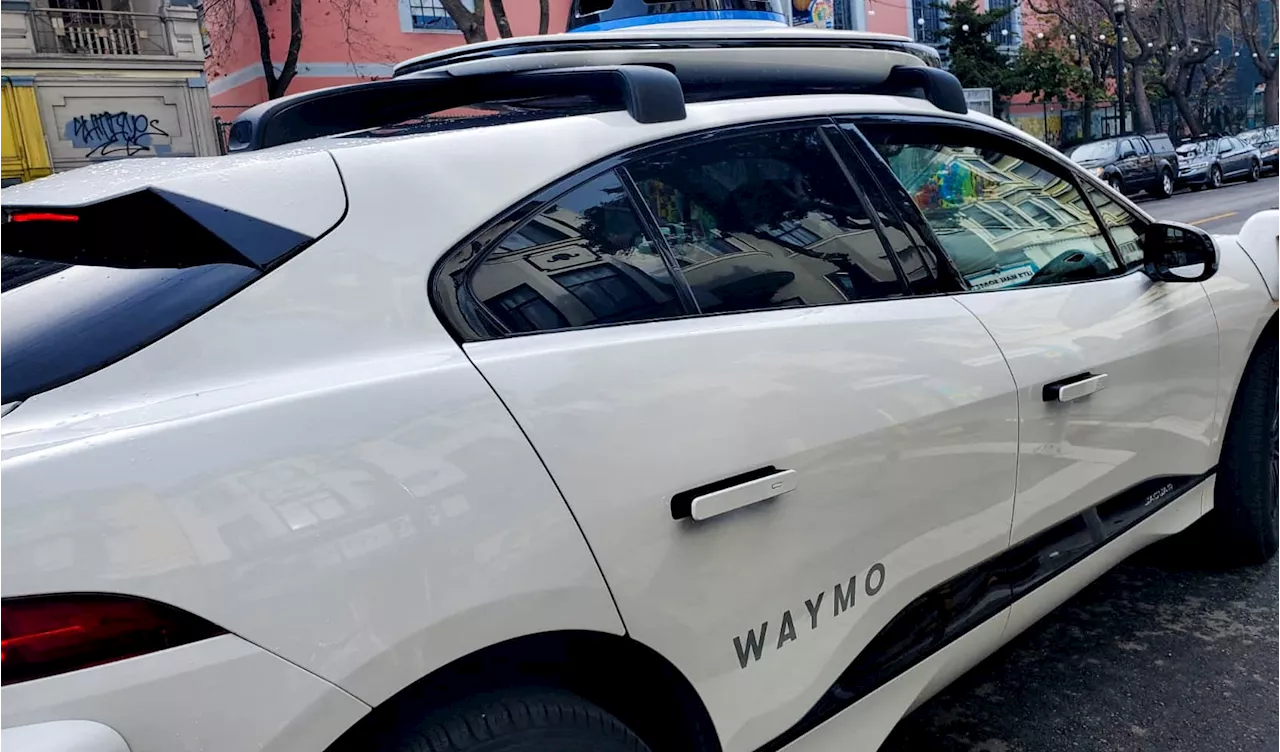 Waymo dominated U.S. robotaxi market in 2024, but Tesla and Amazon's Zoox loomWaymo may have outlasted GM’s Cruise to lead the U.S. market but Elon Musk’s Tesla and Amazon’s Zoox are working to catch up.
Waymo dominated U.S. robotaxi market in 2024, but Tesla and Amazon's Zoox loomWaymo may have outlasted GM’s Cruise to lead the U.S. market but Elon Musk’s Tesla and Amazon’s Zoox are working to catch up.
Read more »
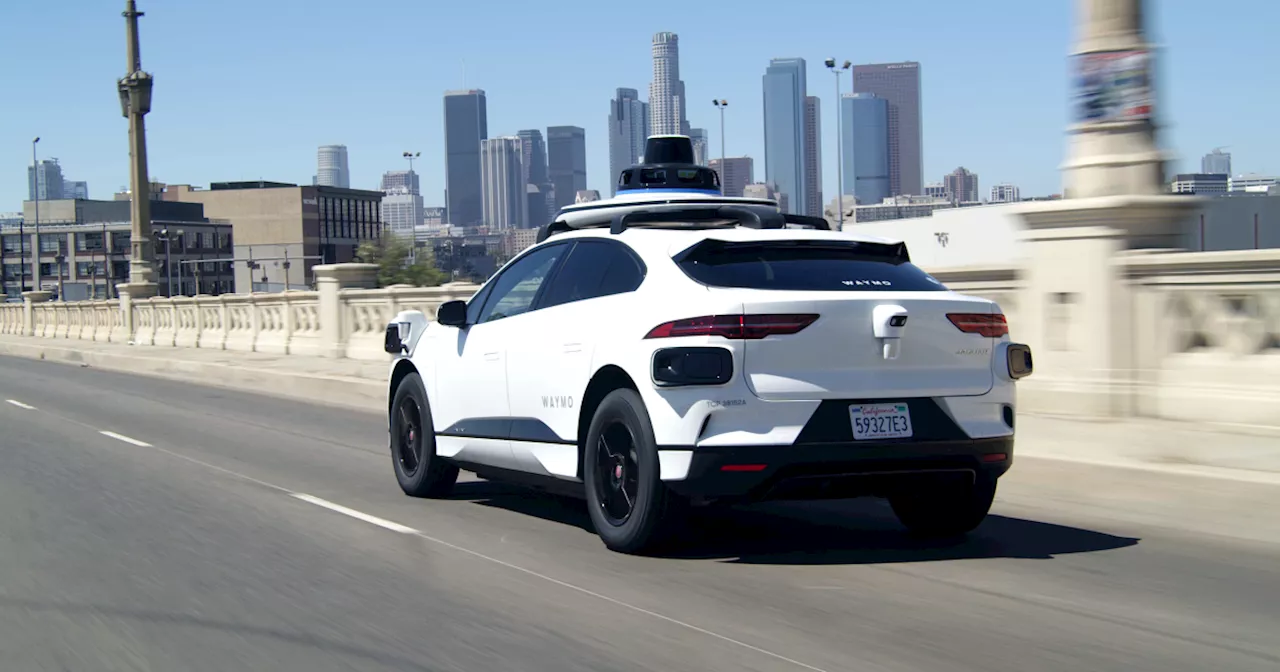 Waymo Robotaxi Circles Parking Lot, Leaving Passenger Stressed About Missed FlightA Los Angeles man experienced a chaotic situation when a Waymo robotaxi he was riding in kept circling a parking lot, causing him to fear missing his flight.
Waymo Robotaxi Circles Parking Lot, Leaving Passenger Stressed About Missed FlightA Los Angeles man experienced a chaotic situation when a Waymo robotaxi he was riding in kept circling a parking lot, causing him to fear missing his flight.
Read more »
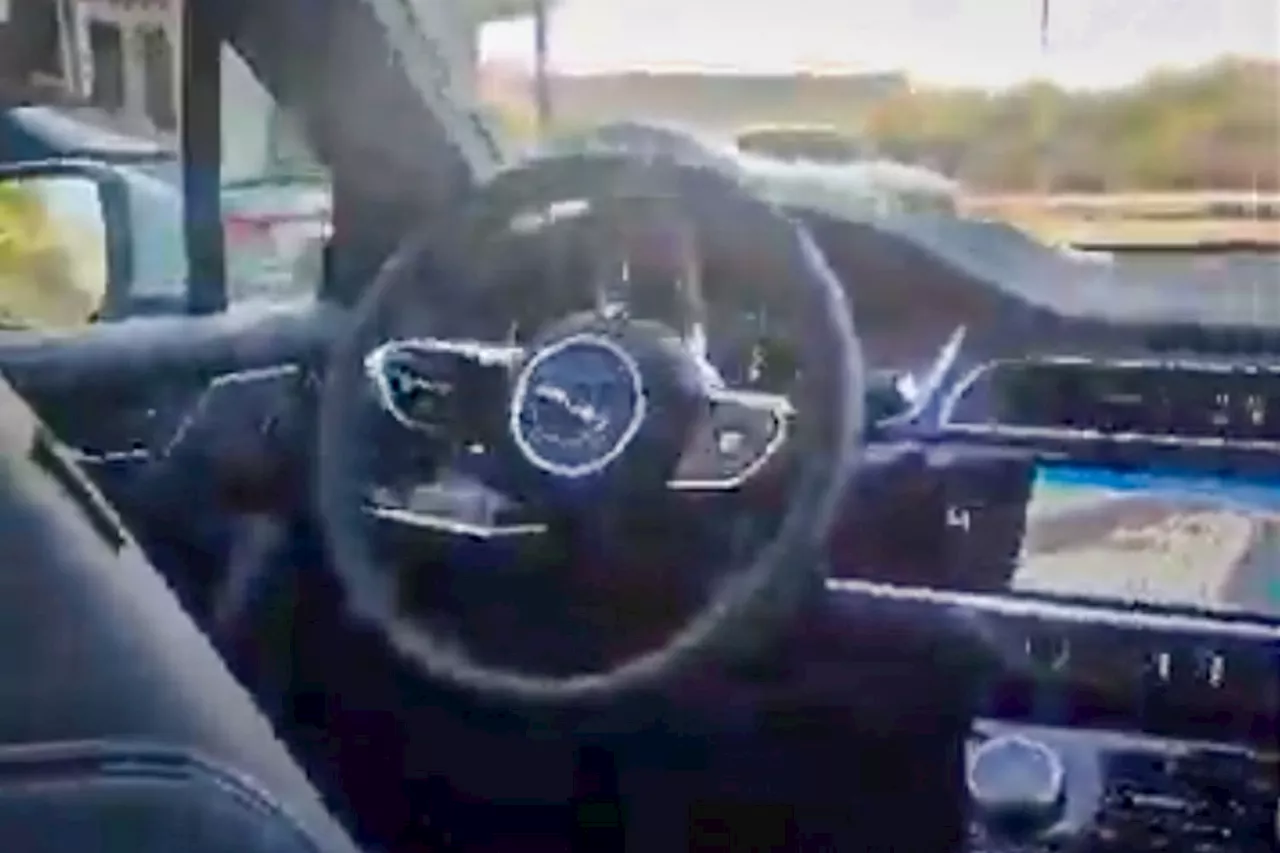 Waymo Robotaxi Drives in Circles, Stranding Passenger at Arizona AirportA Waymo robotaxi took a passenger on a wild ride in Scottsdale, Arizona, driving in circles in a parking lot and delaying his airport trip.
Waymo Robotaxi Drives in Circles, Stranding Passenger at Arizona AirportA Waymo robotaxi took a passenger on a wild ride in Scottsdale, Arizona, driving in circles in a parking lot and delaying his airport trip.
Read more »
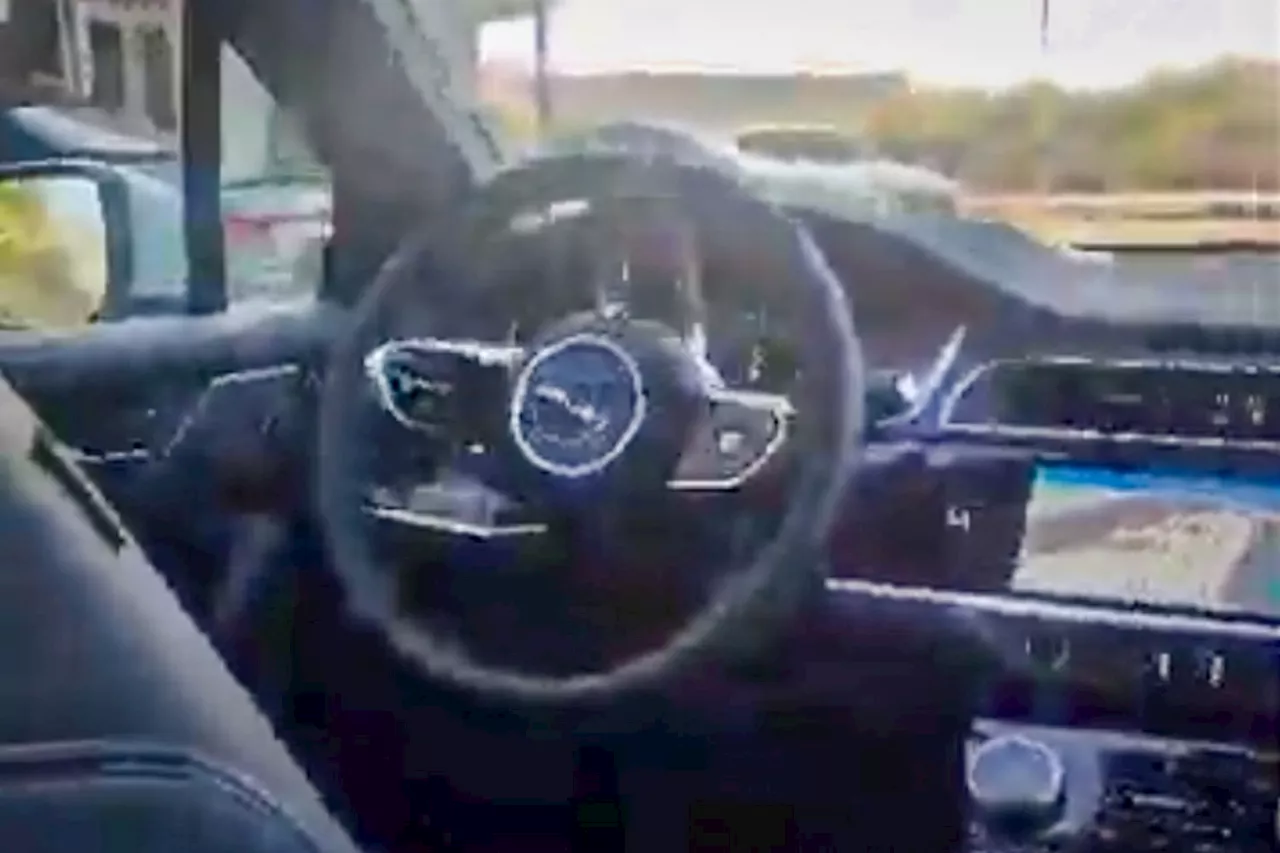 Passenger's Waymo Robotaxi Goes in Loops at Arizona Parking LotA Waymo robotaxi in Arizona repeatedly drove in circles at a parking lot, frustrating a passenger trying to reach the airport.
Passenger's Waymo Robotaxi Goes in Loops at Arizona Parking LotA Waymo robotaxi in Arizona repeatedly drove in circles at a parking lot, frustrating a passenger trying to reach the airport.
Read more »
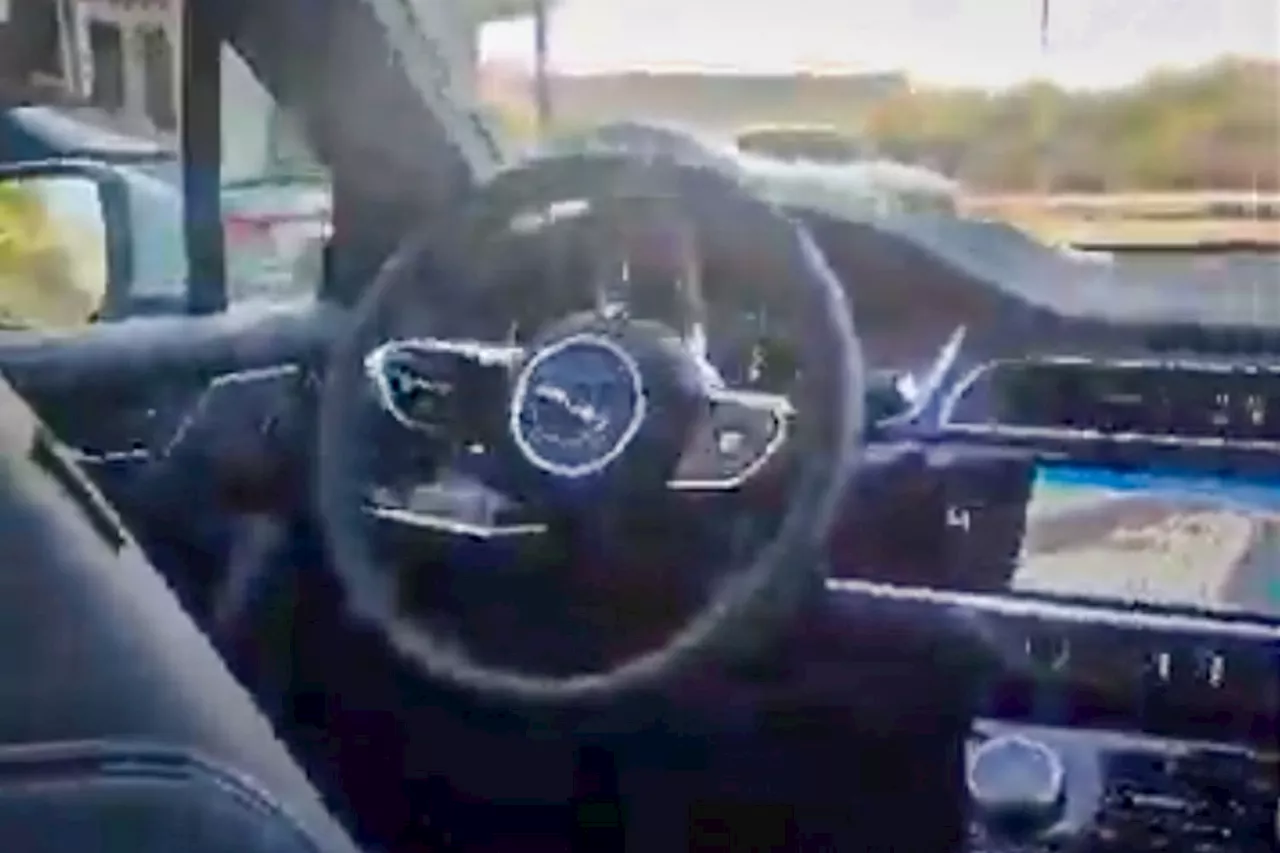 Waymo Robotaxi Drives in Circles in Arizona Parking LotA Waymo passenger's ride to the airport took an unexpected turn when the robotaxi became stuck in a parking lot, driving in loops. The passenger, Mike Johns, recorded the incident and spoke with Waymo support. The company apologized and assured Johns that the issue, caused by a software glitch, has been resolved.
Waymo Robotaxi Drives in Circles in Arizona Parking LotA Waymo passenger's ride to the airport took an unexpected turn when the robotaxi became stuck in a parking lot, driving in loops. The passenger, Mike Johns, recorded the incident and spoke with Waymo support. The company apologized and assured Johns that the issue, caused by a software glitch, has been resolved.
Read more »
